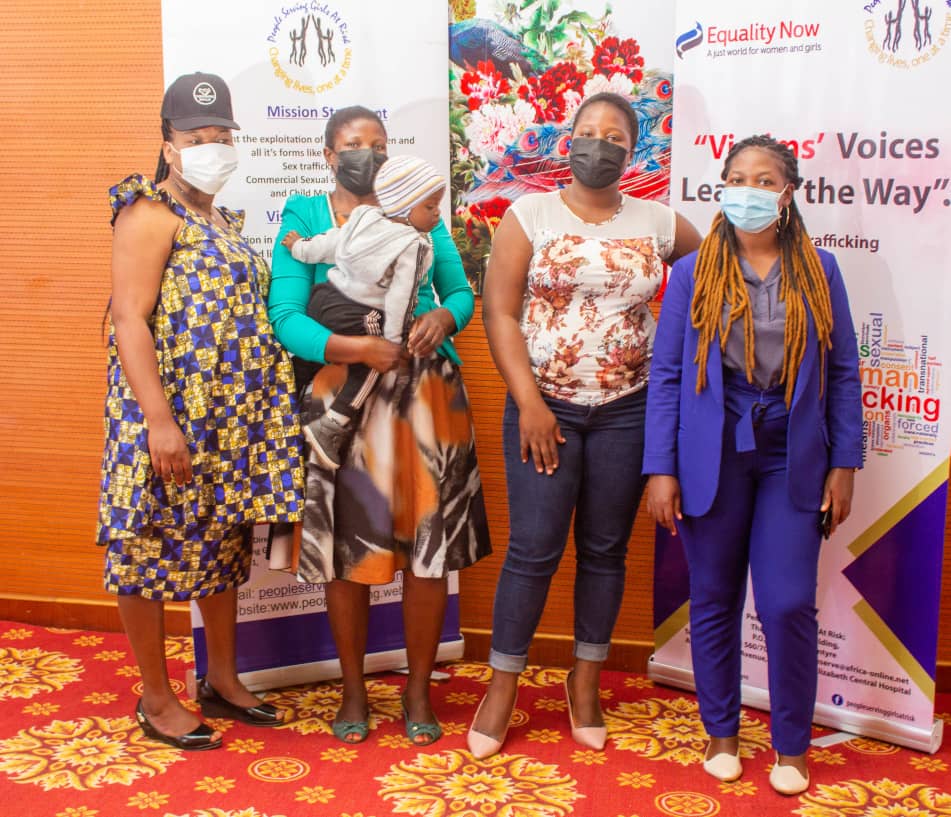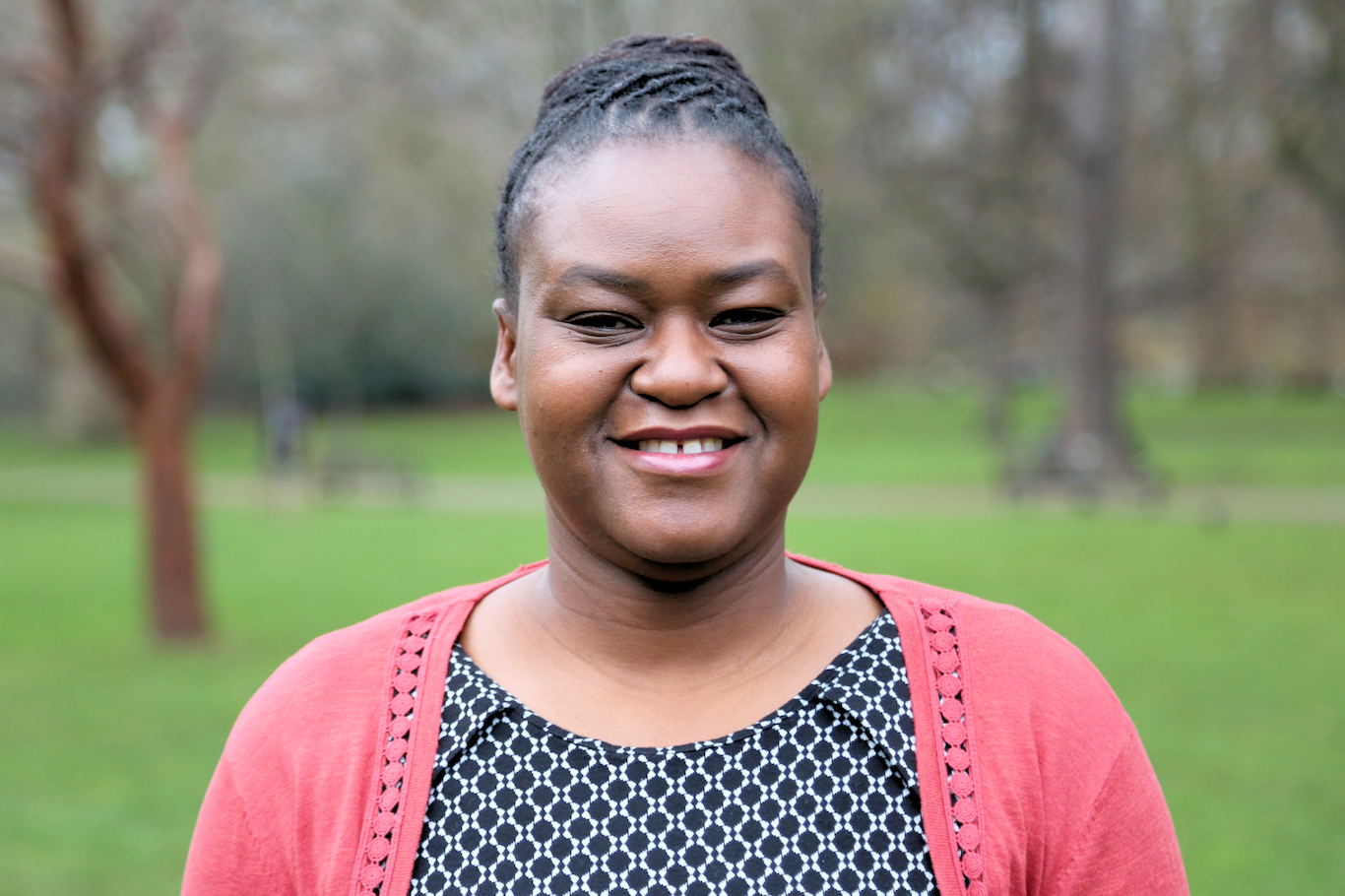"As an organization that specializes in anti-trafficking, we are familiar with the Palermo Protocol, but this course expanded on the entire UN Convention against Transnational Organized Crime. Once I started to see the connections, I could really understand the Review Mechanism, its key players, and where we can fit in as Civil Society. Taking this course now, before the process has started in several regions, gives us time to prepare at the country level."

